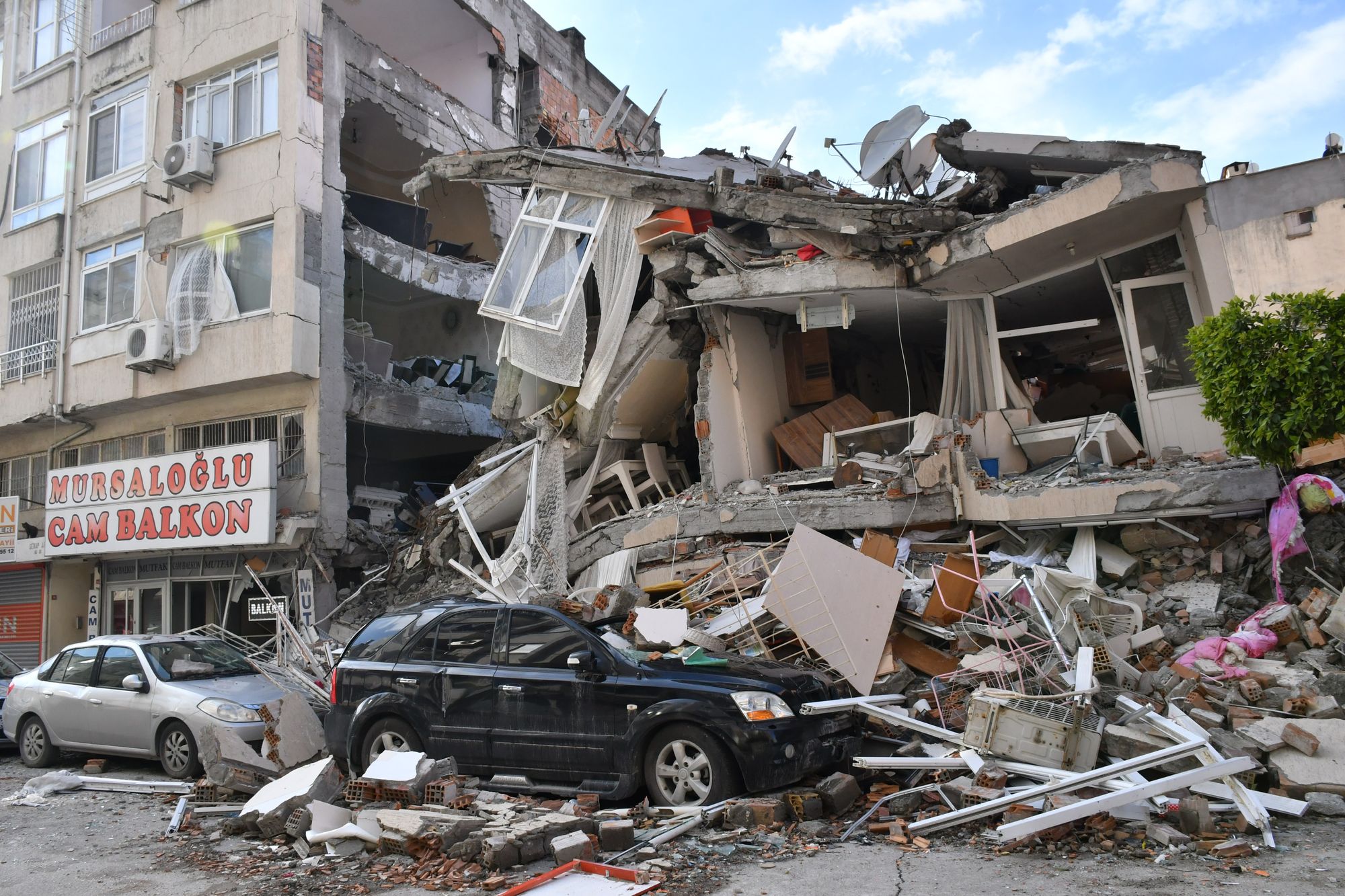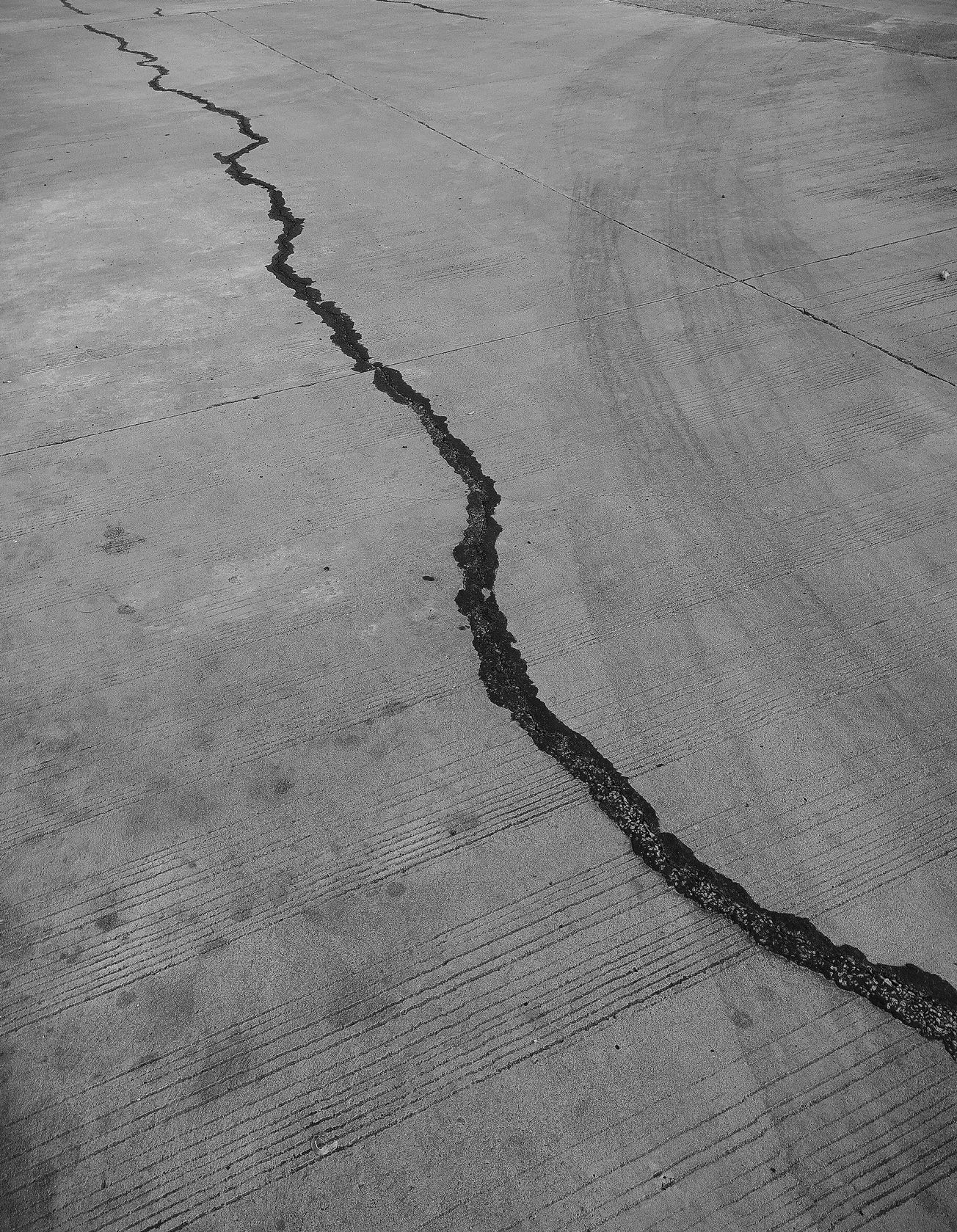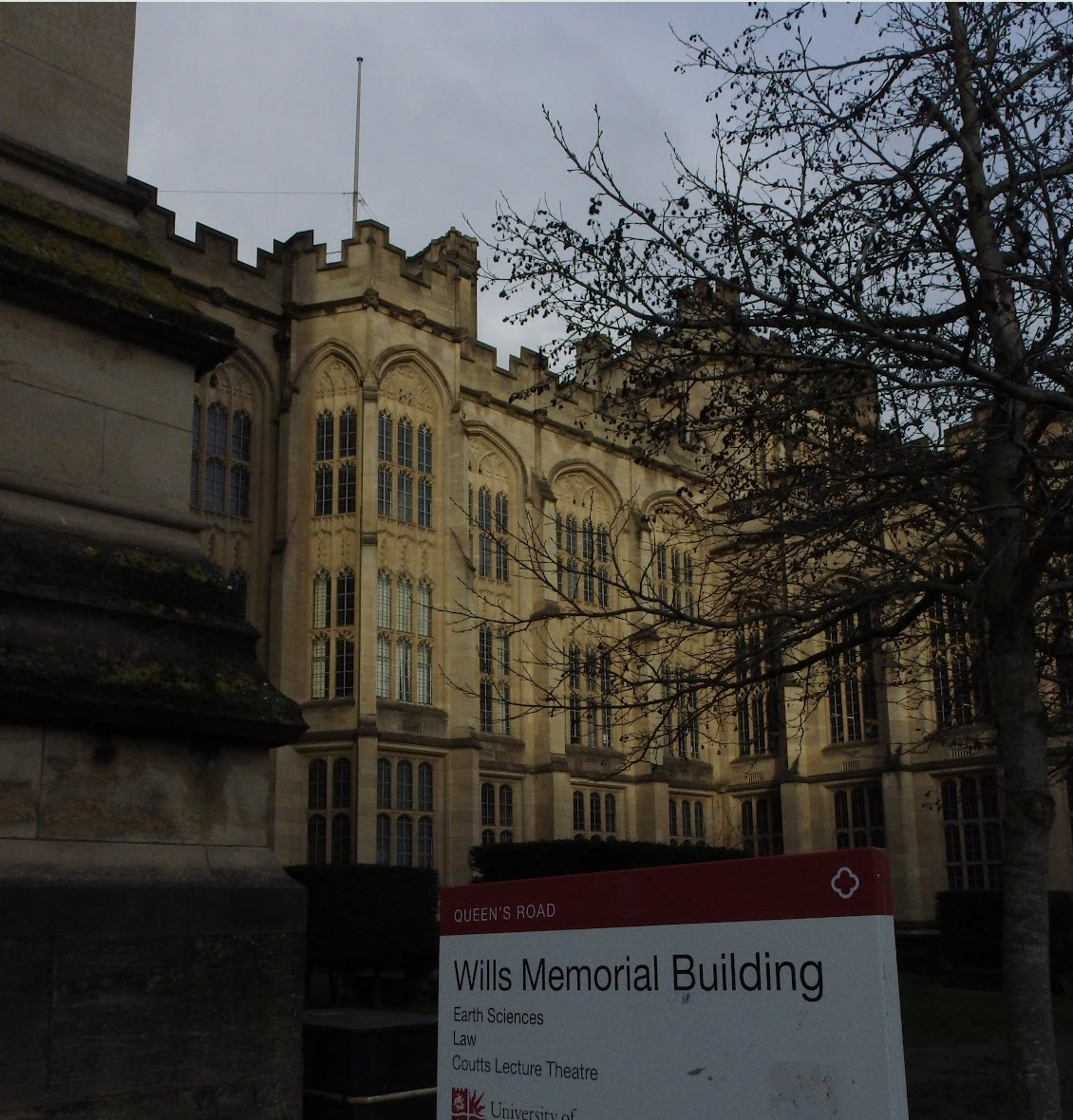By Dhristi Agarwal, SciTech Deputy Editor
Earthquakes can have a significant impact on mental health, with many people experiencing psychological distress and other disorders. This article discusses the real emotional after-shocks felt in Turkey and Syria.
Earthquakes are among the most devastating natural disasters, causing everything to change in an instant. On 4 February 2022, a 7.8 magnitude Kahramanmaras earthquake devastated Southern Turkey and Syria, with the recorded death toll approaching 47,000, making it the fifth deadliest earthquake of the twenty-first century.
Coupled with physical destruction to buildings and infrastructure, collapsed world heritage sites, and broken homes, individuals, families, and communities have suffered considerable emotional and psychological distress.The far-reaching effects of such a catastrophic event can reverberate for years or even decades, and can be catastrophic to individuals who experience them.
A seismic event of significant magnitude has the potential to severely impact society as a whole. Communities affected by large earthquakes are frequently left reeling and defenceless, and the aftermath can result in a variety of negative emotions such as anxiety, despair, and post-traumatic stress disorder (PTSD). PTSD is caused by extremely stressful, frightening, or disturbing situations, and persons suffering from it can relive the traumatic event through nightmares and flashbacks, as well as have difficulty sleeping and concentrating. Fear, which is an essential aspect of human experience and serves to alert us to potential threats, can provoke heightened arousal or activate the "fight or flight" response, and it is considered a central feature in the diagnosis of PTSD.

Some individuals have endured prolonged periods of time trapped beneath rubble in the cold and dark, only to discover that their loved ones have perished or are unaccounted for, while the once bustling neighborhoods they called home are now reduced to piles of shattered concrete. Health experts in Turkey report an increase in cases of post-traumatic stress disorder (PTSD) among survivors. However, research conducted by the University of California, Los Angeles (UCLA) has shown that early treatment of PTSD can have reversible effects and be corrected if survivors receive appropriate outreach healthcare.
Children, being one of the most vulnerable demographic groups, are at heightened risk of suffering from the devastating effects of the recent catastrophic earthquake. Save the Children has reported that over 7 million children have been affected by the calamity, with many exhibiting signs of acute distress, including nightmares, aggression, and withdrawal in Turkey. They are grappling with a myriad of emotions, including feelings of loss and dislocation from their homes, schools, and communities. In addition, the United Nations has raised concerns about the sub-zero weather conditions, which have put the children at risk of hypothermia, further compounded by insufficient shelters and water infrastructure, thereby exposing them to waterborne diseases like cholera and Hepatitis A.
Research indicates that survivors of natural disasters like the magnitude 7.8 earthquake are at a heightened risk of acute trauma and chronic diseases such as anxiety and depression. Ben Beaglehole, a senior lecturer in the department of psychological medicine at the University of Otago in Christchurch, New Zealand, conducted a study on the mental health consequences of New Zealand's 2010-2011 Canterbury earthquakes. His research found an increase in the occurrence of anxiety disorders, PTSD, and nicotine dependence one year after the quakes. This increase was found to be more prevalent among those who had experienced greater exposure to the events, indicating that proximity to the most severe consequences of the quakes was directly correlated to a higher likelihood of developing mental illness.
Therefore, it is imperative to prioritise mental health in the aftermath of catastrophic earthquakes. Seeking professional help, participating in stress-reducing activities like exercise or meditation, and practising self-care are all viable options. Particularly, children may benefit from additional support and reassurance from trusted adults in their lives, such as parents, teachers, or therapists.
At the University of Bristol, students with relatives in earthquake-stricken regions where devastation and trauma have occurred have united the Bristol community to raise funds in support. This collaborative effort includes bake sales, charity boxes collecting aid and food, and donating warm essentials to the Red Cross charity.
The cohesive effort of the student diaspora to uplift these nations and contribute to rebuilding these communities as an active student body has been made possible by the increasingly digitised technology and globalised world, which allows us to keep track of and connect with the wider world while providing aid to those in need.
Featured image: Shefali Lincoln/Unsplash









